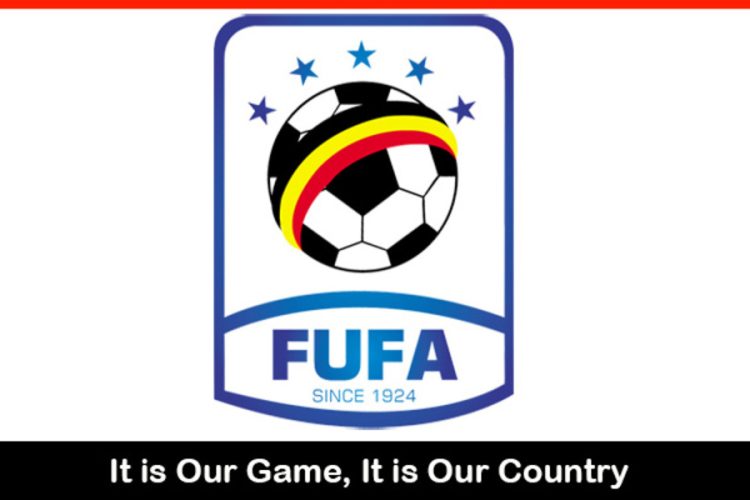The Federation of Uganda Football Associations (FUFA) has once again chosen to dodge accountability, opting instead to point fingers and sow fear.
In a hurriedly issued statement warning of “approaches to players, coaches and referees to predetermine results” and “organising violent actions by fans,” the federation has shown just how detached it has become from the reality of Ugandan football.
Rather than addressing the groundswell of frustration engulfing the game, FUFA has resorted to scaremongering, a clumsy attempt to distract from the deep crisis of legitimacy it now faces. The federation’s warning reads less like a safeguarding measure and more like a desperate move to deflect from the one issue it refuses to confront: the fan boycott that has crippled the Uganda Premier League and exposed the widespread rejection of the federation’s controversial reforms.
Mulindwa blasts FUFA over reforms, threatens to withdraw Vipers from the League
For weeks, stadiums across the country have stood half-empty or eerily silent. Supporters, long the beating heart of Ugandan football, have chosen to stay away in protest against a league structure many believe was imposed without transparency, consultation, or respect for those who make the game what it is. Yet instead of meeting these concerns with dialogue, FUFA has chosen to imply that dissent equals criminality.
For context, no one is defending match-fixing, bribery, or hooliganism. But the timing and tone of FUFA’s statement make it clear that this isn’t about protecting the game. It’s about undermining legitimate criticism. By invoking allegations of corruption and violence at a moment when trust in its leadership is at an all-time low, FUFA appears to be engaging in calculated blackmail, framing its critics as troublemakers to delegitimize their cause.
If the federation truly valued the integrity of football, it would have engaged stakeholders on the fundamental questions haunting the sport: Why were the reforms introduced with so little consultation? Who benefits from them? And how exactly do they grow the game? Instead, FUFA’s leadership has adopted an increasingly authoritarian tone, preferring to lecture rather than listen, and to threaten rather than reform.
The recent scenes across match venues say it all. The much-hyped double-header at Mandela National Stadium, Namboole, featuring powerhouses KCCA, SC Villa, Kitara, and Vipers, should have been a celebration of domestic football. Instead, it was an embarrassment. Vipers refused to turn up. The terraces were empty. The atmosphere was non-existent. Even SC Villa’s 1–1 home draw with Entebbe UPPC FC at Kadiba Stadium unfolded before barely a murmur.
FUFA under fire over ticket row as Vipers stick to boycott stance
These images capture the real crisis, a fan base that feels alienated and unheard. But rather than see this silence as a statement, FUFA has chosen to interpret it as sabotage. That is not governance. That is paranoia.
Football belongs to its fans, not to bureaucrats issuing threats from behind press releases. The federation’s attempt to equate dissent with disorder reveals not strength, but weakness, a leadership trapped in its own echo chamber.
If FUFA continues to govern through intimidation and denial, the Uganda Premier League will lose far more than spectators; it will lose its soul.
Official Statement from FUFA pic.twitter.com/agdfJvLowh
— FUFA (@OfficialFUFA) October 16, 2025
The fans have already delivered their verdict, through empty stands, withheld voices, and a collective refusal to participate in a game that no longer feels theirs. No press statement, no blackmail, and no fear campaign can silence that truth.






